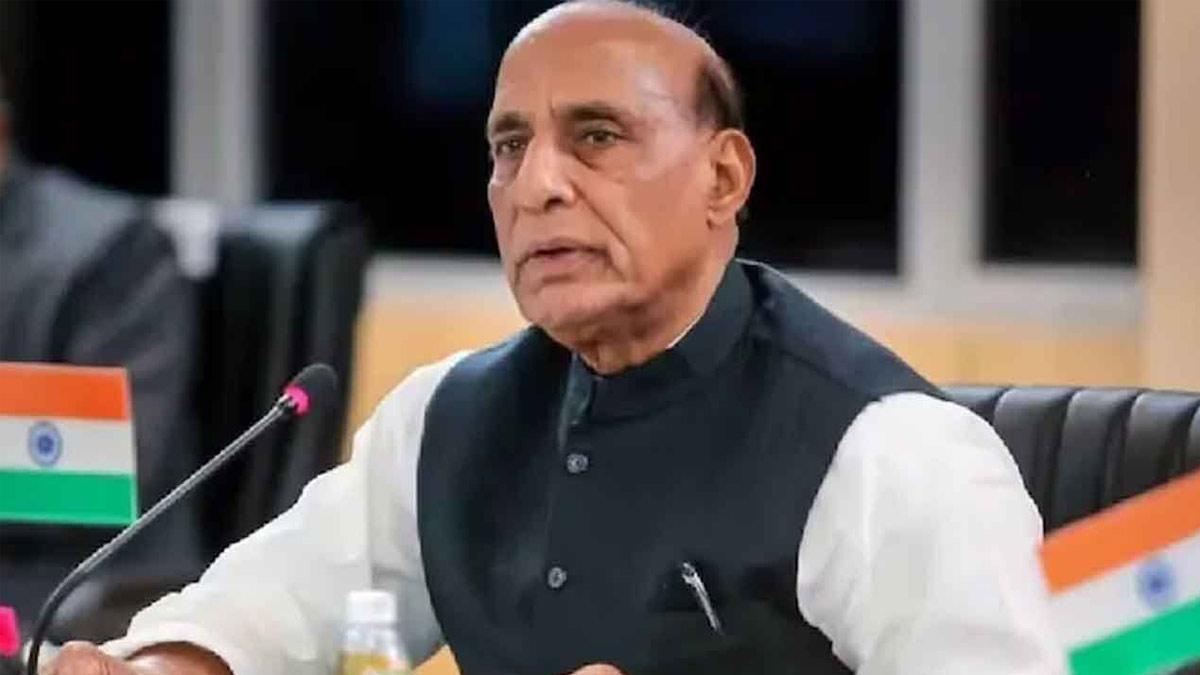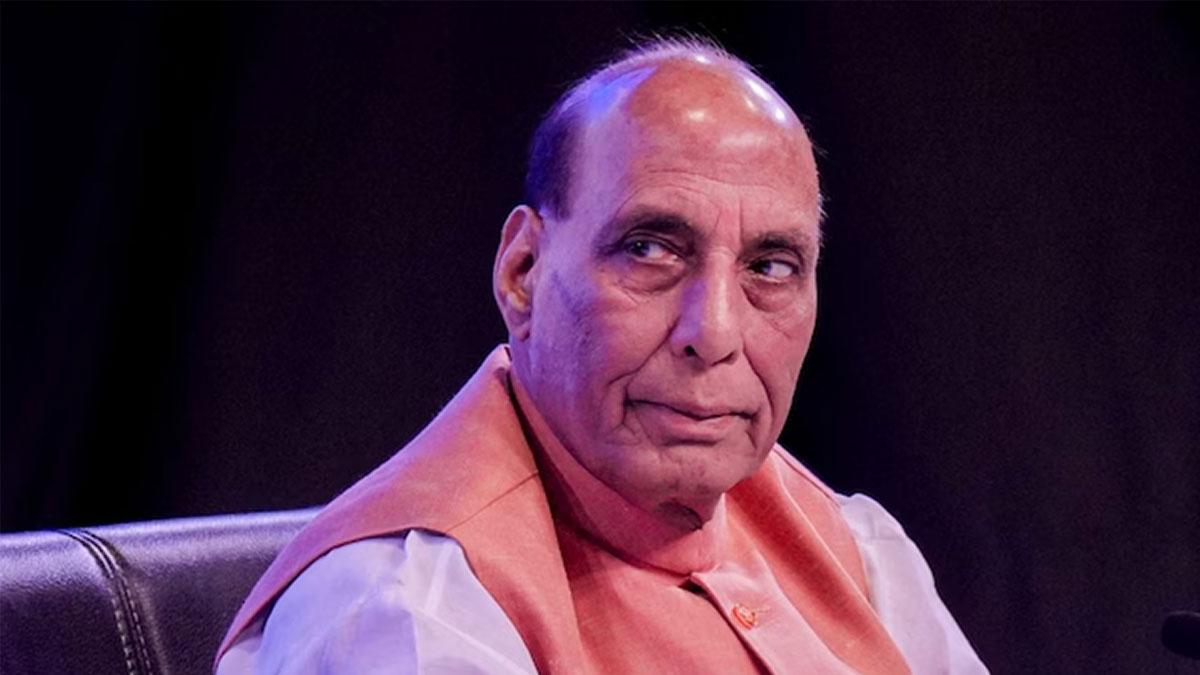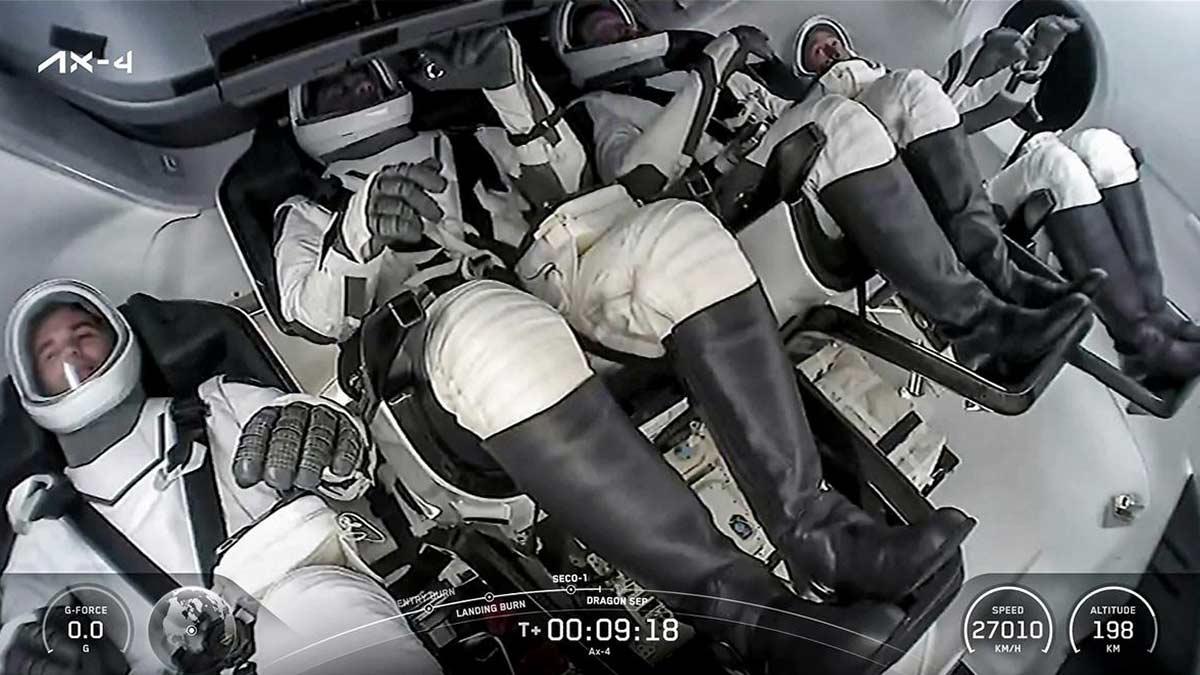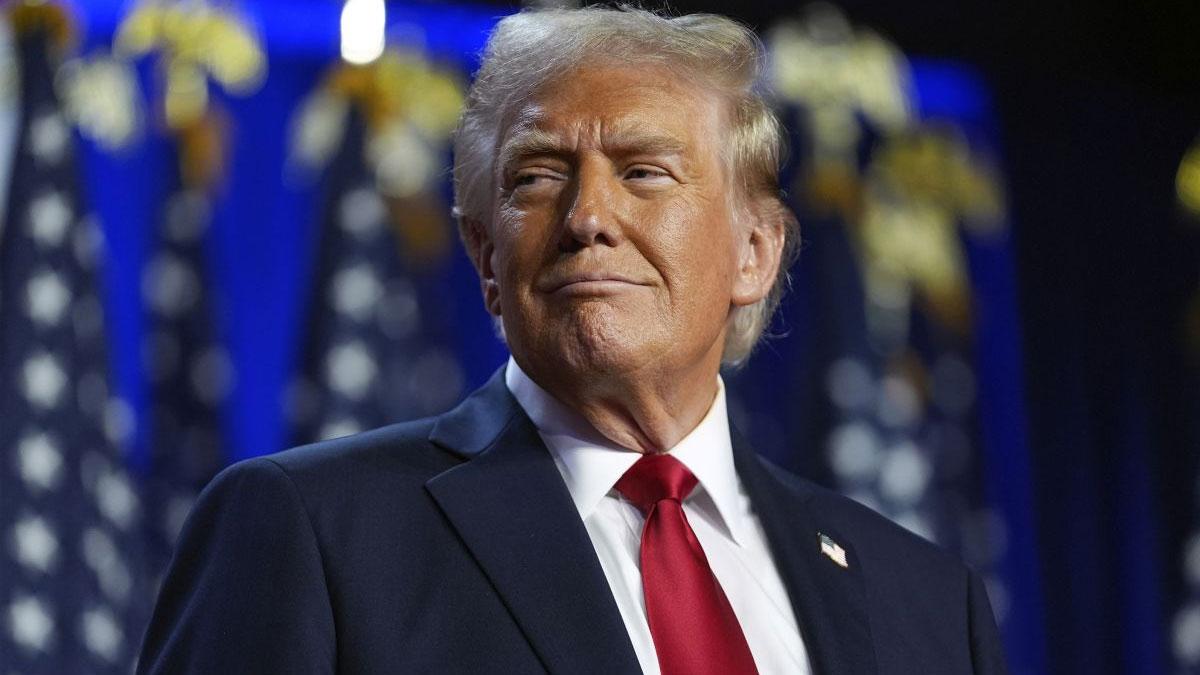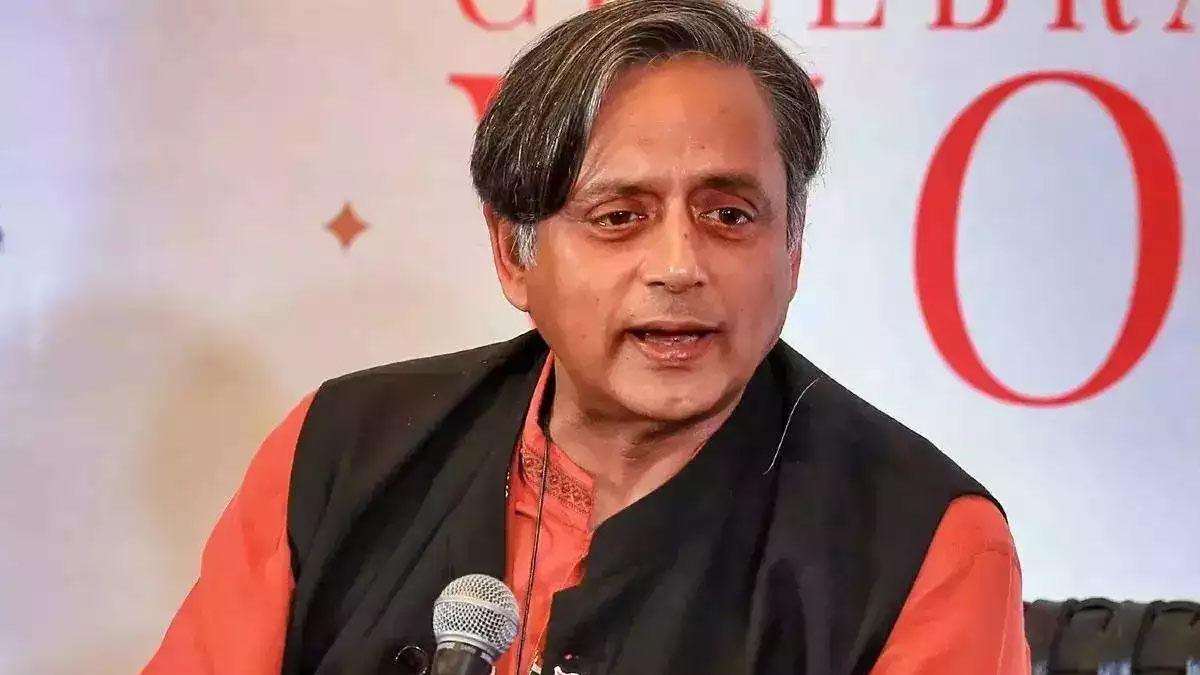In the Shanghai Cooperation Organisation (SCO) Defence Ministers' conference in Qingdao, China, Defence Minister Rajnath Singh strongly urged member nations to strongly condemn the recent terror attack at Pahalgam, Jammu and Kashmir, as a "dastardly" act that reflects the need for global cohesion against terrorism at the earliest.
Referring to the April 22 attack that killed 26 Indian tourists and was conducted by 'The Resistance Front', a proxy of Pakistan-based and UN-listed terror group Lashkar-e-Taiba, Singh said the mode of the attack was similar to other deadly attacks by the group.
"In fulfilling its right to defend against terrorism and pre-empt as well as deter future cross-border terrorist attacks, India on May 7, 2025, effectively launched 'Operation Sindoor' to destroy cross-border terrorist infrastructure," he averred, reiterating India's resolve to eliminate threats at the source.".
He emphasized collective responsibility, stating: "We reiterate the need to hold the perpetrators, organisers, financiers and sponsors of odious acts of terrorism, including cross-border terrorism, accountable and bring them to justice. Any acts of terrorism are criminal and unjustifiable irrespective of their motivation, wherever, whenever and by whomsoever committed."
Noting the call for clarity and cohesion among SCO members, Singh appealed, "SCO members have to condemn this evil unambiguously."
The minister further referred to the wider regional risks of Weapons of Mass Destruction (WMDs) proliferation among non-State actors, underscoring that peace and development cannot take root in an atmosphere of terror and lack of trust.
"I do think that the most significant challenges that we are dealing with in our region are about peace, security and trust deficit. And the core of these issues is growing radicalisation, extremism and terrorism," he stated.
Peace and prosperity cannot go along with terrorism and Weapons of Mass Destruction proliferation in the possession of non-State actors and terror groups," Singh warned, underlining the importance of a strong and collective international response.
He reaffirmed that states facilitating terrorism for strategic purposes need to be brought to account: "It is imperative that those who finance, foster and employ terrorism for their selfish and parochial purposes must be brought to account.
Singh targeted state-sponsored terrorism, saying, "Some nations employ cross-border terrorism as a tool of policy and extend sanctuaries to terrorists. There must be no place for such double standards. SCO should not be afraid to condemn such countries."
He strongly reaffirmed India's no-tolerance policy: "India's zero tolerance for terrorism is reflected today through what it is doing. This includes our right to protect ourselves from terrorism. We have demonstrated that terrorism's epicentres are no longer secure, and we will never hold back from hitting them."
Emphasising the role of global cooperation to counter radicalisation, Singh appreciated the Regional Anti-Terrorist Structure (RATS) of the SCO for its work towards harmonizing counter-radicalization efforts. He observed that the SCO's collective declaration during India's chairmanship on 'Countering Radicalisation leading to Terrorism, Separatism and Extremism' is a collective approach to the subject.
Referring to the changing character of terrorism, Singh highlighted the growing role of technology in being adopted by terror outfits, with drones being utilized for weapons and drug smuggling.
"With our globalized world, we do not depend anymore on classical frontiers as the only defense against threats. Rather, we confront now a complex architecture of challenges which go from transnational terrorism and cyber-attacks to hybrid warfare," he declared, reiterating that these threats "do not observe national borders, and they call for an integrated response based on transparency, mutual confidence, and cooperation."
Appealing for firmer multilateral cooperation, Singh reaffirmed India's commitment to dialogue as the way to conflict prevention. "India is of the view that a reformed multilateralism can assist in building cooperation to avert conflict between nations through the establishment of mechanisms of dialogue and cooperation. No nation, however big and mighty, can go it alone," he said, drawing from ancient Indian philosophy of Sarve Jana Sukhino Bhavantu — "May all people be happy."
The Defence Minister also reiterated India's long-standing support for the development of Afghanistan. "Our short-term priorities in Afghanistan are to extend humanitarian help to the people of Afghanistan and contribute to the overall developmental requirements of Afghanistan. As the largest regional development partner of Afghanistan, India continues to deliver capacity-building assistance to the people of Afghanistan," Singh stated.
Summarizing his speech, he appealed for strengthened cooperation and confidence within the SCO framework: "India believes in increased cooperation and mutual trust between SCO members. We should all work together to realize the hopes and aspirations of our people as well as address today's challenges. We all need to be on the same page in our efforts to enhance stability and security in our neighborhood."
Read also| Report: U.S. Strikes on Iran Left Nuclear Sites Intact
Read also| Trump Refutes Claims of Undestroyed Iranian Nuclear Facility

